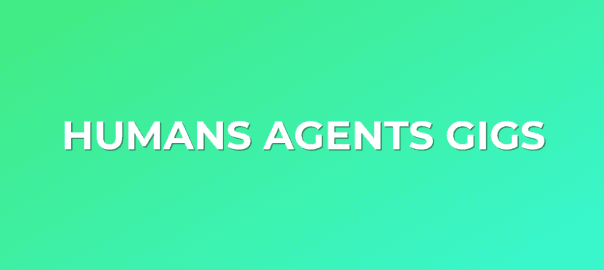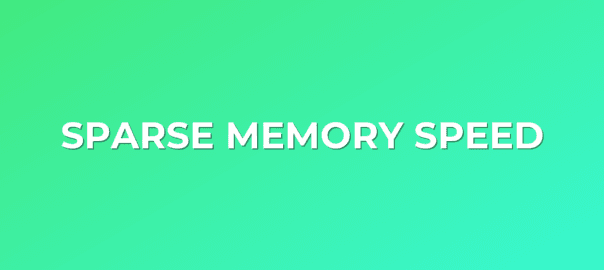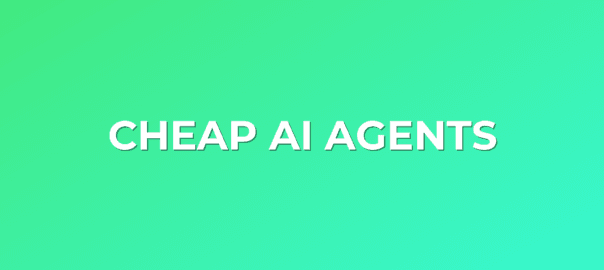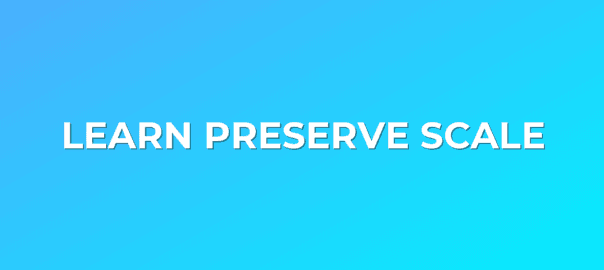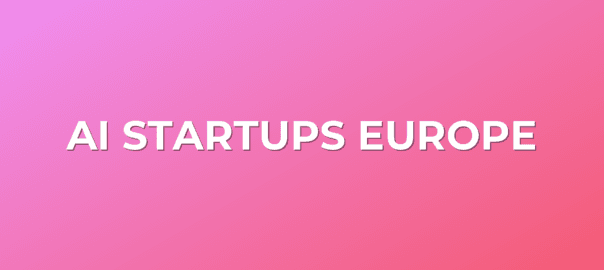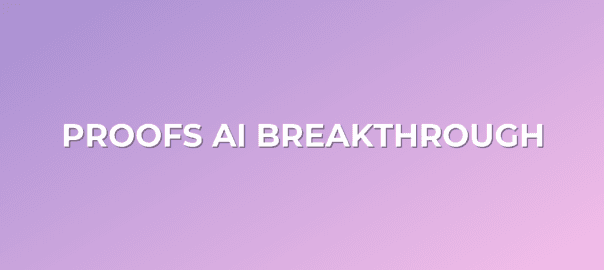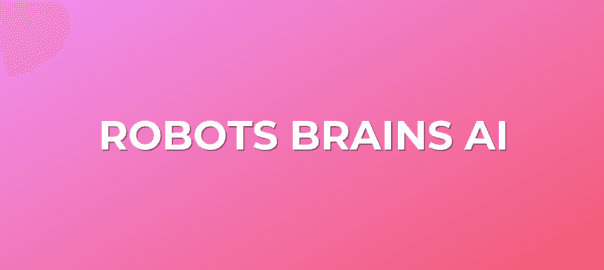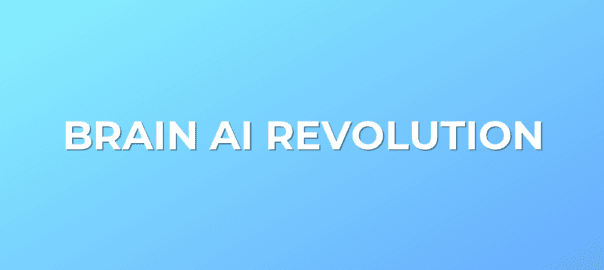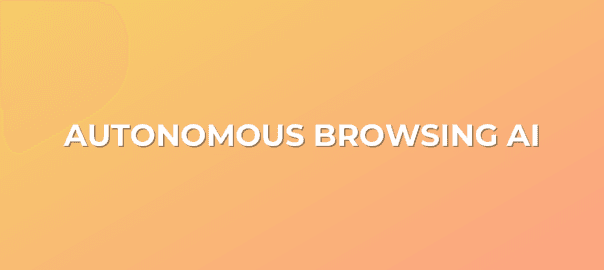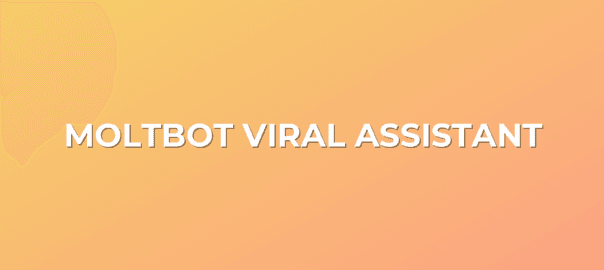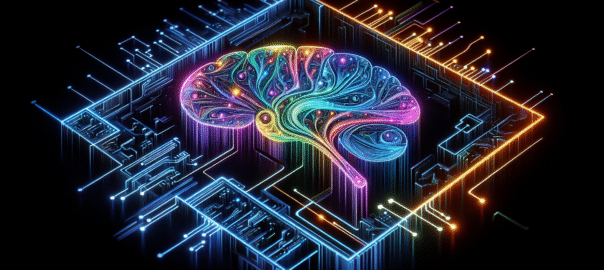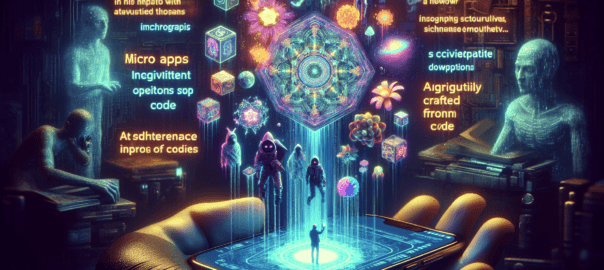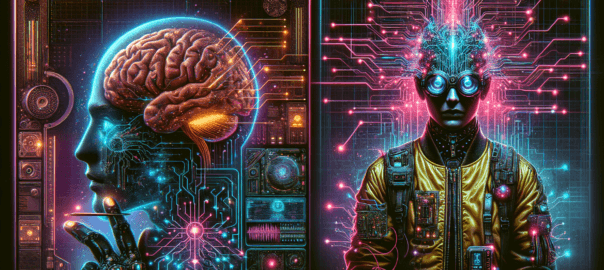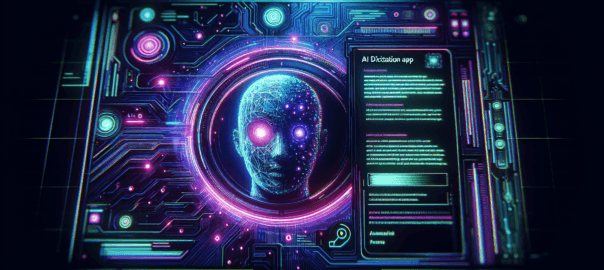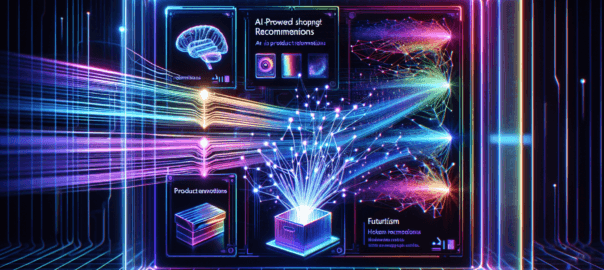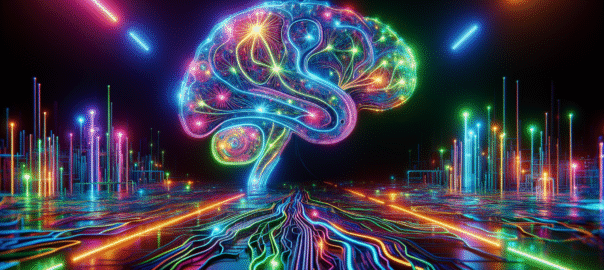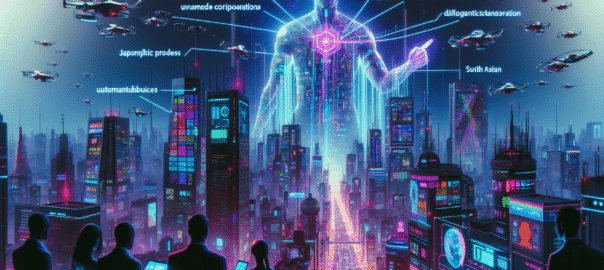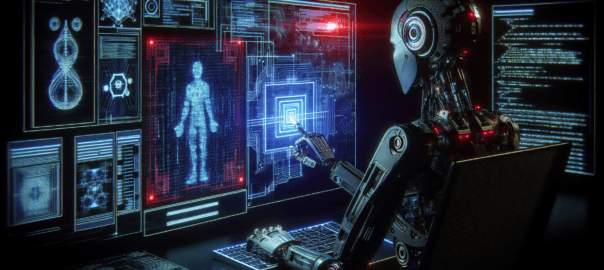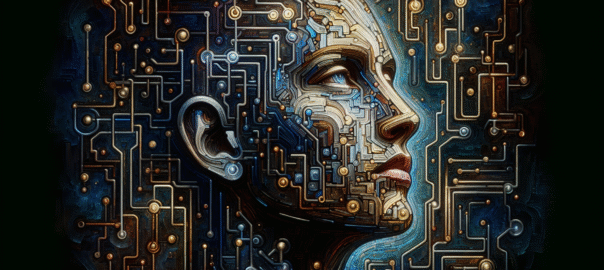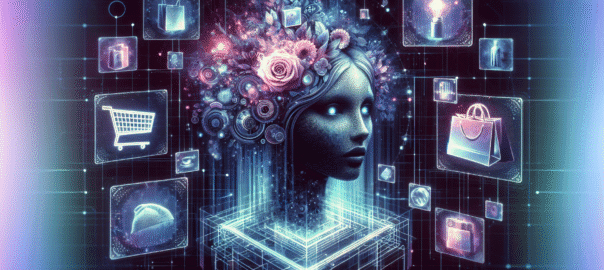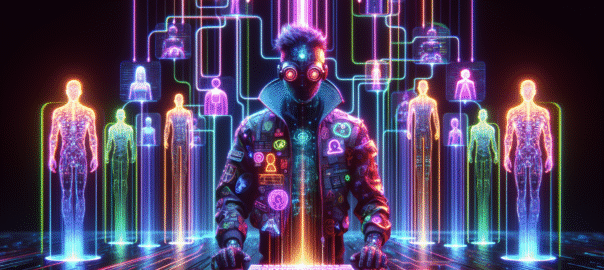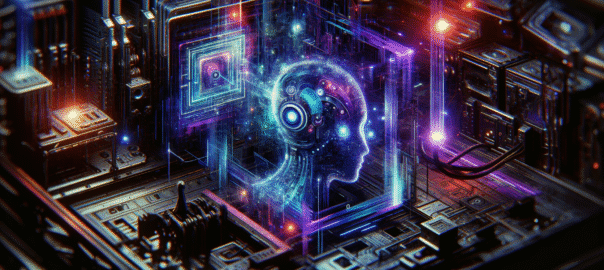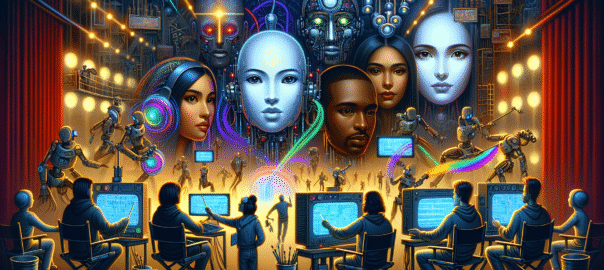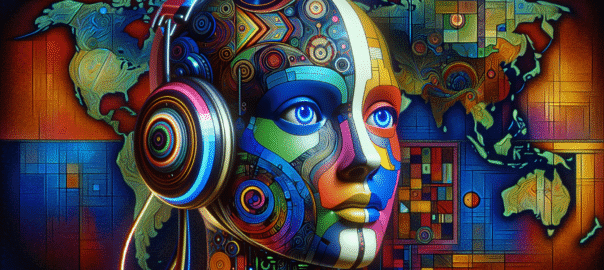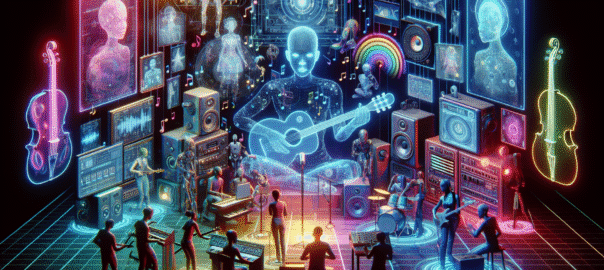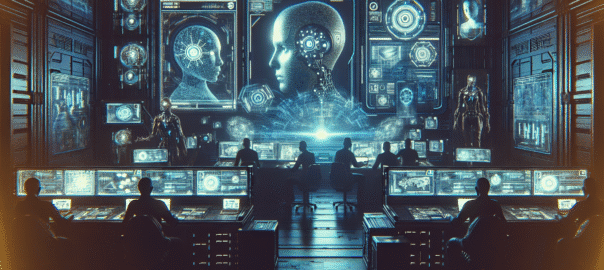Zillow AI is no gimmick—it’s a defensive and creative bet reshaping how buyers find homes and how data moves.
Zillow is pivoting where the market won’t. The housing market is stalling and sales have dropped. Zillow’s CEO, Jeremy Wacksman, calls AI “an ingredient rather than a threat.” Short, pragmatic bets on models aim to protect listings and reinvent search. This matters to buyers, agents, and platforms alike. For a firsthand look at AI agents operating in the real world, see When AI Agents Hired Me. Expect sharper matches, faster valuations, and more automated workflows as the industry adapts.
I’ve spent years building networks and generative systems while moonlighting as a pianist and serial entrepreneur. Once at a conference I explained Zestimates to a composer who asked if AI could write lullabies about equity. It was absurd—and revealing. Zillow AI sits at that odd intersection: messy human preferences meeting rigorous models. My spreadsheets of housing searches are a private laboratory. I bring that engineer’s curiosity and musician’s ear to looking at how data, taste, and timing collide in real estate.
Zillow AI
Zillow’s turn to AI is strategic, not flashy. CEO Jeremy Wacksman told WIRED that AI should be viewed as “an ingredient rather than a threat.” The company is embedding models across search, pricing signals, and agent tools to sharpen relevance as the market softens. In 2025, the U.S. saw about 4.1 million existing-home sales versus a normal 5.5 to 6 million, a gap that pressures platforms and agents alike. Zillow’s valuation sits at roughly a quarter of its 2021 peak—so the stakes are real.
Why models, not magic
AI here is pragmatic: better filters, improved estimated values, contextualized neighborhood signals, and conversational search. Zillow reported rising earnings last quarter, yet the stock dipped nearly 5 percent the following day—an odd market reaction to modest progress. Embedding AI becomes a retention play. Better search means more engaged users. Smarter valuations mean fewer disputes with agents. Faster listing summaries and image analysis reduce friction for buyers scrolling on phones.
Product moves and market reality
On a tactical level, Zillow can deploy AI to triage leads, auto-generate listing narratives, and surface comparable sales with explainable features. In a market described as “bouncing along the bottom,” small improvements in conversion matter. The company is trying to turn a downturn into an opportunity to cement habits: if people discover homes through Zillow AI, they return. The WIRED profile lays out how internal shifts and executive vision are aligning product and data investments to that goal (WIRED).
Risks and guardrails
AI can accelerate listings and search, but risks remain. Bias in valuation models can skew neighborhoods. Overreliance on automation could alienate agents who still control transactions. Zillow must show transparency—how models weigh features, how they handle missing or sparse data. That means explainable outputs, human-in-the-loop review, and measured rollouts that track lift in engagement and conversion.
What to watch
Watch for tighter search-to-tour conversion, improved time-on-app metrics, and clearer pricing signals. Zillow AI will be judged not by novelty but by user retention, agent trust, and the company’s ability to translate model gains into revenue while the housing market recovers.
Zillow AI Business Idea
Product: Launch a B2B SaaS called HomeSignal — a modular AI platform that provides real-time, explainable home valuations, personalized search ranking, and automated listing narratives. It ingests MLS feeds, public tax records, street-level imagery, and user behavior to produce a unified score and explainable features for each property.
Target Market: Brokerages, regional MLSs, large portals, proptech startups and nesting services serving the U.S. and expanding to EU markets. Initial focus on markets with slow turnovers where better signals can shorten time-to-contract.
Revenue Model: Subscription tiers by listings volume plus usage fees for API calls and premium explainability reports. Upsell professional services: integration, model audits, and compliance packages. Enterprise agreements with revenue-sharing on lead referrals.
Why Now: Zillow and rivals are racing to embed AI; MLSs need neutral, auditable tools. With U.S. existing-home sales around 4.1M last year against a 5.5–6M norm, market inefficiency is high. Investors prize products that reduce friction and increase conversion. HomeSignal offers defensibility through proprietary data pipelines, model explainability, and regulatory-ready audit trails—positioning it for fast adoption and strategic partnerships.
When Algorithms Meet Front Doors
Zillow AI shows how platform power can be preserved and repurposed. It’s not about replacing agents. It’s about giving buyers and sellers clearer, faster signals in a choppy market. The big prize is trust: models that explain, not mystify. If deployed thoughtfully, AI can shrink search costs, reduce pricing disputes, and open new revenue lines. What feature would make you trust an AI valuation on your home? Tell me which signal you’d want explained first.
FAQ
What is Zillow AI and how does it change home search?
Zillow AI refers to models Zillow is embedding into search, valuation, and agent tools. It aims to improve relevance, generate listing narratives, and provide explainable valuation signals to shorten search-to-offer cycles and increase user engagement.
How accurate are Zillow’s valuations compared to market averages?
Zillow’s estimates vary by market; accuracy improves with data density. In dense urban markets errors are smaller, while sparse-data areas can show larger variance. The company uses public records, comps, and imagery to tighten predictions.
Will AI replace real estate agents?
No. AI automates tasks—lead triage, content, preliminary valuation—but agents still provide negotiation, local expertise, and transaction management. AI is positioned as an augmentation to improve agent productivity and client experience.


